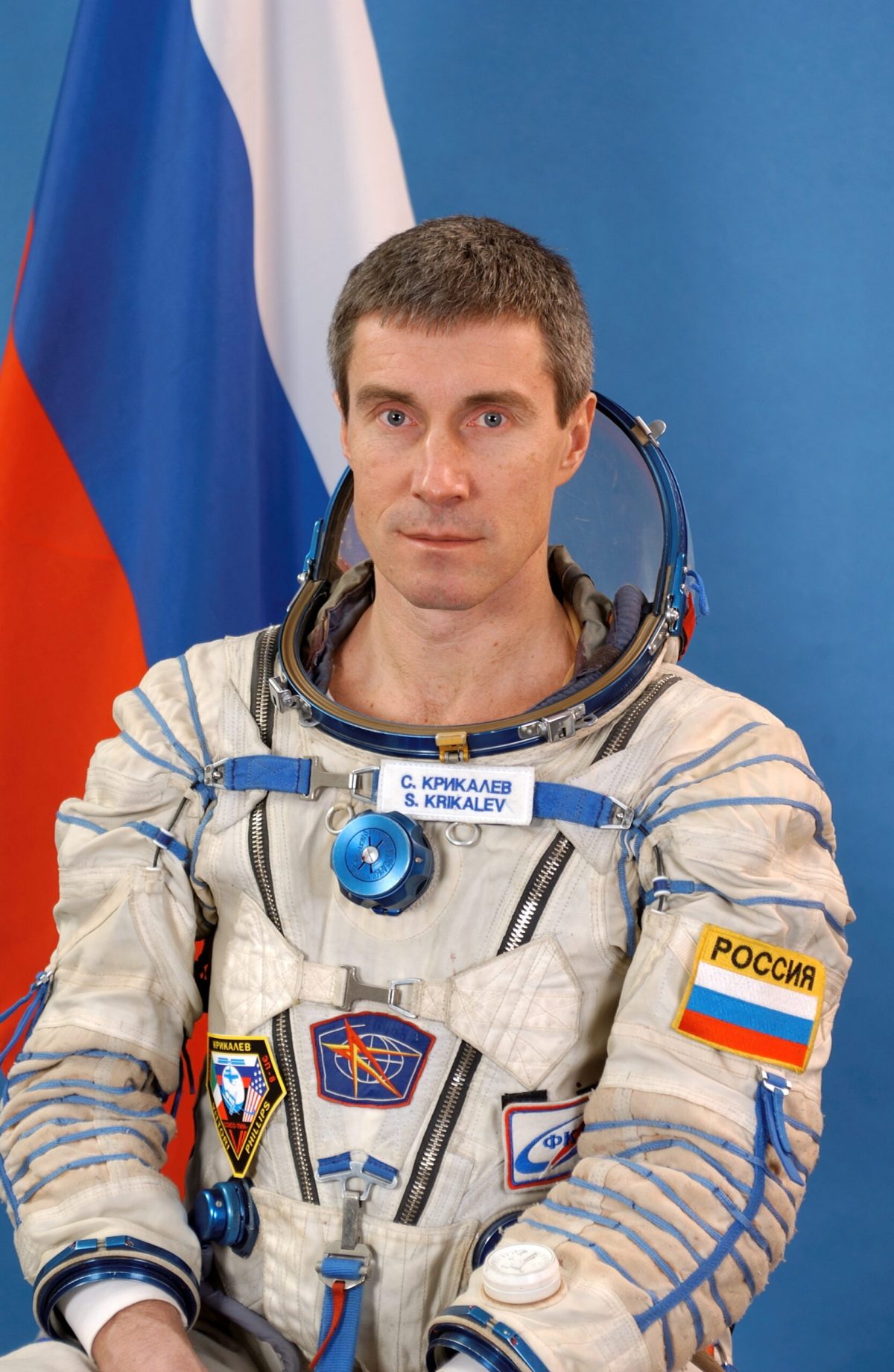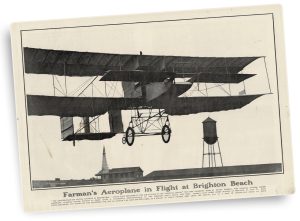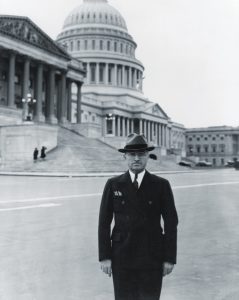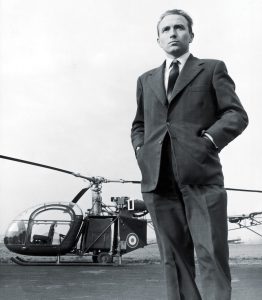Dubbed “the last Soviet citizen” and “the man who is sick of flying,” cosmonaut Sergei Krikalev blasted off into space on May 18, 1991 and unwittingly became a pawn in international politics. For 312 days he watched as the communist superpower, the Union of Soviet Socialist Republics, became the Russian Federation. From space he watched as his hometown, Leningrad, became St. Petersburg. And from 240 miles up, Krikalev was “in essence, the last remaining citizen of the once-mighty Soviet Union,” writes Eric Betz in Discover Magazine.
The soft-spoken 34-year-old flight engineer was launched into space from the Baikonur Cosmodrome in Kazakhstan—the Soviet Cape Canaveral—alongside Ukrainian-born Anatoly Artsebarsky and Helen Sharman, the first Brit in space. The three were bound for the Mir space station, the forerunner of what is now the International Space Station.
The Mir, “designed to house up to 12 cosmonauts….[was] manned almost continuously since 1986,” according to the Washington Post, and “was the focal point of the Soviet space program.”
As the Mir blinked and orbited the Earth, Sharman returned home after a mere eight days, while Krikalev and Artsebarsky, prepared for a five-month mission, watched for months as the USSR splintered into 15 separate nations and tanks began to roll into Red Square. Although the August coup—led by hardline communists opposed to President Mikhail Gorbachev’s policy of perestroika—was subdued in three days, Gorbachev’s power and that of the Soviet Union was on the wane.
For the astronaut, accurate news was hard to come by. “For us, it was totally unexpected,” Krikalev later told reporters. “We didn’t understand what happened. When we discussed all this, we tried to grasp how it would affect the space program.”
By October 25 Kazakhstan declared its sovereignty, and with that, control of the Baikonur Cosmodrome. The Kazakhs demanded an astronomical fee for the cosmodrome’s use, and as the Soviet ruble’s market value continued to rapidly fall, the once-powerful government seemingly could not afford to bring Krikalev home.
“A human race sent its son off to the stars to fulfill a concrete set of tasks,” reported the Russian Komsomolskaya Pravda. “But hardly had he left Earth than it lost interest in those tasks, for worldly and completely explicable reasons. And it started to forget about its cosmonaut. It did not even fetch him back at the appointed time, again for completely worldly reasons.”
To appease the Kazakhstan government and garner a discount, Moscow named its first ever Kazakh cosmonaut. However, the newly named astronaut did not yet have the training to spend extensive time in space.
In October, with his mission complete, Krikalev’s colleague Artsebarsky returned home with three Austrian astronauts. None had the skill set to replace Krikalev—and the Soviets still didn’t have the cash.
“The strongest argument was economic because this allows them to save resources here,” Krikalev said from orbit in 1991. “They say it’s tough for me—not really good for my health. But now the country is in such difficulty, the chance to save money must be (the) top priority.”
As Krikalev lingered in limbo and as his five-month mission stretched out indefinitely, the health risks, still not fully understood even today, began to weigh on the astronaut’s mind. Long-term effects of spaceflight include, at a minimum, an increased chance of impaired eyesight, stagnant or reverse blood flow, brittle bones, muscle atrophy, infection, cancer, and other immune system problems and changes.
Krikalev later shared with the Russian media that he at times asked himself, “Do I have enough strength? Will I be able readjust for this longer stay to complete the program? Naturally, at one point I had my doubts.”

On December 25, 1991, Gorbachev resigned and the following day the Soviet Union collapsed. Yet Krikalev remained in space, racing around the Earth 16 times a day, representing a country that no longer existed.
Finally, three months later in a joint Russian-German space mission, Krikalev was told he was being replaced, and the cosmonaut soon returned to Earth. The last “Soviet” citizen touched down near the city of Arkalyk, Kazakhstan, weak, pale, and sweaty, but happy to be on solid ground.
“It was very pleasant in spite of the gravity we had to face,” Krikalev recalled years later for a documentary crew. “But psychologically, the load was lifted. There was a moment. You couldn’t call it euphoria, but it was very good.”





